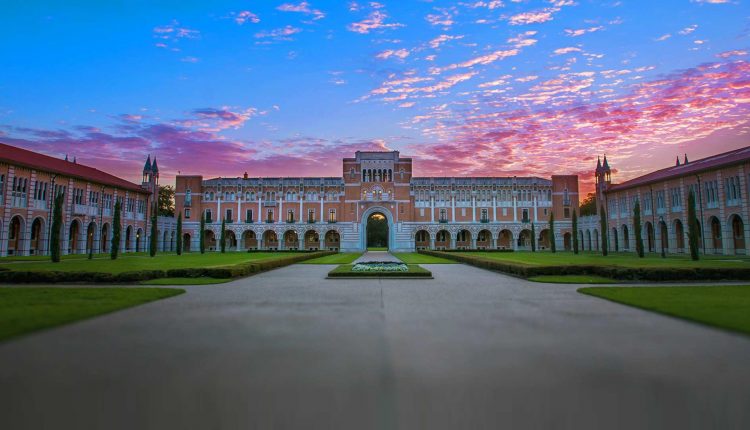RICE UNIVERSITY: ‘Become human again’ to address social, environmental challenges
“Hyposubjects: on becoming human,” a new book from Rice professors Timothy Morton and Dominic Boyer, takes an experimental approach to thinking about the social and environmental challenges of our times.
The book (Open Humanities Press) is a follow-up to Morton’s “Hyperobjects: Philosophy and Ecology after the End of the World,” which drew attention to the fact that the current era — which geologists call the Anthropocene — is increasingly defined by massive objects that can scarcely be understood, let alone controlled. These “hyperobjects” include both the tangible and nontangible: Styrofoam, plastic bags, capitalism and, now, a pandemic.
Because many hyperobjects can be traced back to the environmental damage produced by certain forms of human culture, the new book explores the possibility and necessity of becoming human again in more humble ways.
“The dinosaurs didn’t survive that asteroid,” Morton said. “Can we get more like the rodents who did?”
The book is written in an experimental style that blends the authors’ voices together, what they call “a playful approach” to the material.
“Part of what has to change in our culture is the idea that we can know and master all that surrounds us,” Boyer said. “We think seriousness equates to security. But it doesn’t. Our efforts to control the world have unleashed natural responses that now threaten the future of our species and many others. If we took ourselves less seriously it would help a lot.”
Morton said adopting any meaningfully progressive ecological politics — as well as the kind of social reform necessary to survive whatever the next “asteroid” will be — depends on ending white supremacy and dismantling patriarchy.
“They are not an optional extra. They are how we get there,” Morton said. “We see this book as a way to encourage this motivation.”
Boyer and Morton dedicated the project to social movements including Black Lives Matter, #MeToo and Extinction Rebellion, which are working to bring greater justice, equality and humility to humans’ relationships with each other and with the world as a whole.

